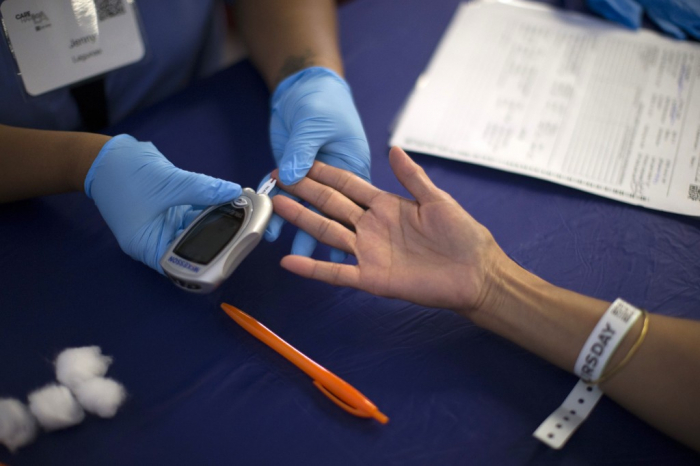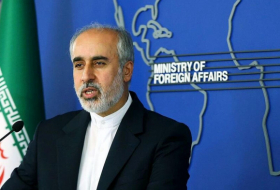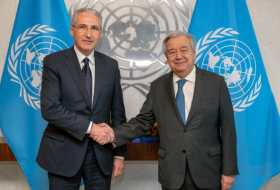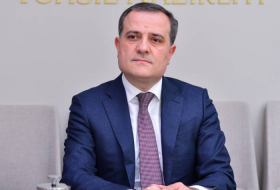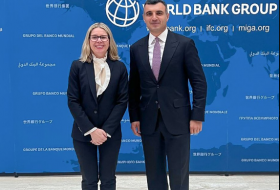Diagnoses of type 2 diabetes are soaring worldwide, linked to the obesity epidemic. Not all of those diagnosed will need insulin, which is essential to keep people with type 1 diabetes alive, including UK prime minister Theresa May. But a study in the Lancet Diabetes and Endocrinology journal shows that 79 million people with type 2 will need it by 2030 and that half of them will not be able to get it. About 33 million people who need insulin currently do not have access to the drug.
“These estimates suggest that current levels of insulin access are highly inadequate compared to projected need, particularly in Africa and Asia, and more efforts should be devoted to overcoming this looming health challenge,” said Dr Sanjay Basu from Stanford University in the US, who led the research.
“Despite the UN’s commitment to treat non-communicable diseases and ensure universal access to drugs for diabetes, across much of the world insulin is scarce and unnecessarily difficult for patients to access. The number of adults with type 2 diabetes is expected to rise over the next 12 years due to ageing, urbanisation, and associated changes in diet and physical activity. Unless governments begin initiatives to make insulin available and affordable, then its use is always going to be far from optimal.”
The scientists predict the need for insulin will rise by 20% in the next 13 years. The drug reduces the risk of complications such as blindness, amputation, kidney failure and stroke.
However, there are already problems with insulin access even in wealthy countries. In the US, prices have risen sharply and senator Bernie Sanders has asked for a federal investigation. Three big manufacturers dominate insulin production.
The study uses data from the International Diabetes Federation and 14 studies to estimate the likely rise in numbers of people with type 2 diabetes. They predict that between 2018 and 2030, numbers will rise from 406 million to 511 million . More than half will live in China (130 million), India (98 million), and the US (32 million).
Of these, 79 million would be given insulin if there were universal access, but only 38 million are likely to get it as things stand.
Dr Tim Reed, the executive director of HAI (Health Action International), which funded the study, said it was further evidence of the need to improve access and affordability of insulin for those who need it.
“Governments should use this information to plan for growing need,” he said. “By shedding light on the sheer numbers of people affected, we are once again reminded of the important role universal health coverage can play in improving lives. This is particularly pressing because, according to our data, the greatest need occurs where health systems are weak, and availability and affordability is poor.”
Theb Guardian
More about: Insulin








